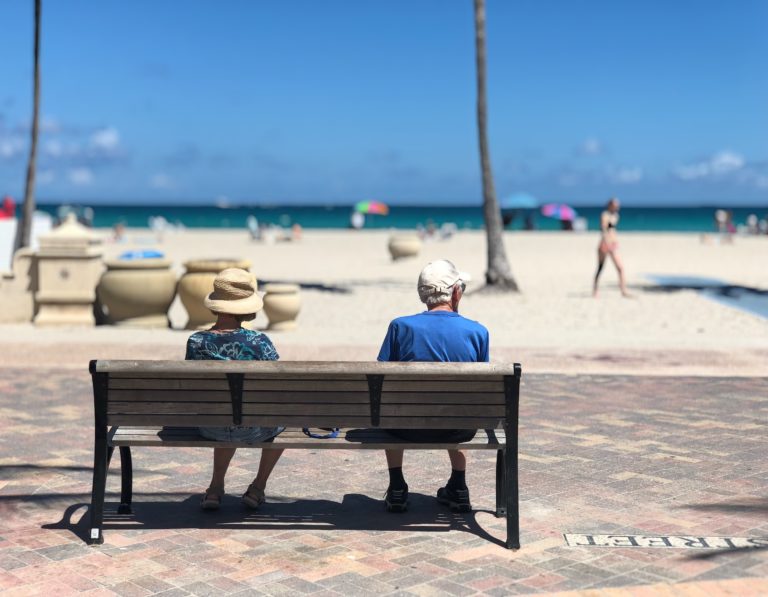The last will is the core element of any solid estate plan in Florida. While you can set up different legal tools to outline how your property should be distributed upon death, writing a proper will is still crucial.
Are you required to hire a lawyer to make a will in Florida? Read on to discover why it is the best approach.
Last Will vs. Florida Probate – Understanding the Concept
Also referred to as “last will and testament,” the will is a legal document used to ensure your wishes will be carried out upon death. A well-drafted will allows you to:
- Provide how your estate should be distributed
- Outline the individuals or entities that should inherit your money and assets
- Appoint a guardian for minor children or dependents with special needs
- Appoint a caretaker to manage an inherited property on behalf of minor children
- Appoint a personal representative to execute the document’s terms
Florida Statutes §732.901 (1) specifies that “the custodian of a will must deposit the will with the clerk of the court having venue of the estate of the decedent within 10 days after receiving information that the testator is dead.”
Upon receipt of the will, the court will verify the document’s validity. Please note that a will does not avoid probate in Florida. Usually, the testator’s personal representative or any interested party files a petition for probate.
During probate, the court supervises the distribution of the testator’s estate according to the terms in the will. The personal representative (or “executor”) is responsible for gathering the decedent’s assets and wrapping up the estate’s affairs before the heirs can receive their fair share.
Do I Need a Lawyer to Make a Will in Florida? – An Honest Opinion
Under state law, there is no provision requiring a Florida resident to hire a lawyer to make a will. As long as the person meets the legal requirements, the will is deemed valid in court. However, it is always better to hire a lawyer for several reasons.
The key reason is to ensure full legal compliance with Florida law. Making a will is a complex task, as there are specific statutory requirements regarding the testator’s signature and witnesses.
Oral or handwritten wills are not valid, but Florida Statutes provide an exception for handwritten wills executed under the law. If you are serving in the US military, Florida law has specific provisions for wills executed as a military testamentary instrument.
If a will fails to meet the statutory requirements, it is not deemed valid in court, which results in intestacy. When a Florida resident dies intestate, the decedent’s estate must be distributed under the state laws of intestacy.
The court is responsible for overseeing the process, following a fixed order of preference in the distribution of the intestate estate. Working with an expert attorney to guarantee your loved ones will not have an unpleasant surprise after you are gone.
Do You Want to Make a Well-Drafted Last Will? – Work with Your Florida Probate Lawyer Today
Waste no time – contact Attorneys Romy B. Jurado and Diana C. Collazos today by calling (305) 921-0976 or emailing [email protected] for expert legal guidance.






